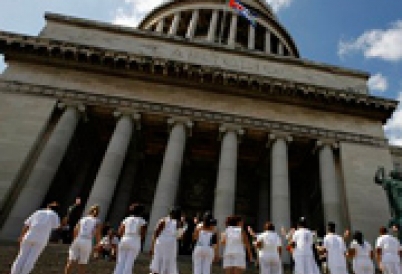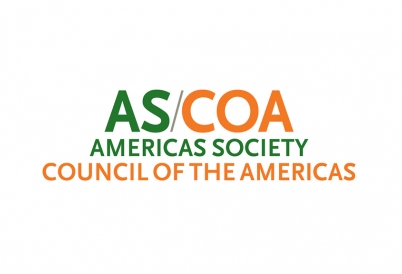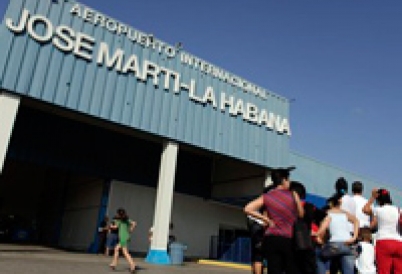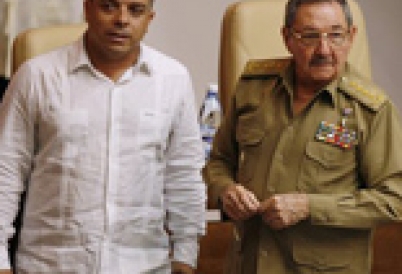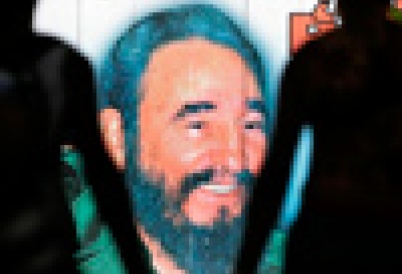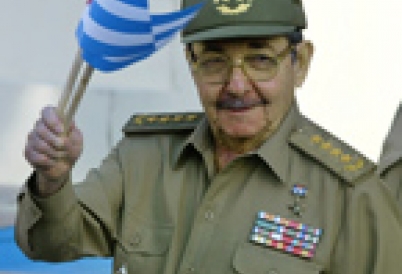An OAS task force will examine proposals, including one from Washington, which could pave the way for Havana to rejoin the OAS. But the Obama administration has indicated that Cuba must adhere to democratic principles before gaining readmission.
OAS Secretary-General José Miguel Insulza joined AS/COA Online for an interview about the recent Summit of the Americas, from negotiating mandates to carrying them out at June's General Assembly in Honduras. He also offered his view on the process for Cuba to rejoin the OAS.
Days ahead of the Summit of the Americas, the White House eased Cuba restrictions, making it easier for Cuban Americans to travel to the island and send remittances to family members there. The changes also allow for more humanitarian aid and bids by U.S. telecommunication firms.
After a year in office, Cuban President Raúl Castro shuffled top ministerial posts, raising questions about what the shakeup signals. The move comes as Washington ponders changes to its own Cuba policy.
At an AS/COA program, Cuba experts and the author of Cuba Wars, a new book by Dan Erikson, discussed the current state of U.S. policy toward the island nation and changes that could be expected in the near future. This discussion comes at a pivotal time, as leadership transitions have occurred in both countries.
Five decades after the overthrow of Cuban dictator Fulgencio Batista, U.S.-Cuban relations remain on ice. In an op-ed, AS/COA's Christopher Sabatini writes that political prisoners and divided families stand as victims in the two countries' ongoing standoff. (en español)
As the 50-year anniversary for the Cuban Revolution nears, Raúl Castro makes his first state visits abroad. His statements at a regional summit raise speculation about future relations with Washington and what mediating role Brazil could play.







